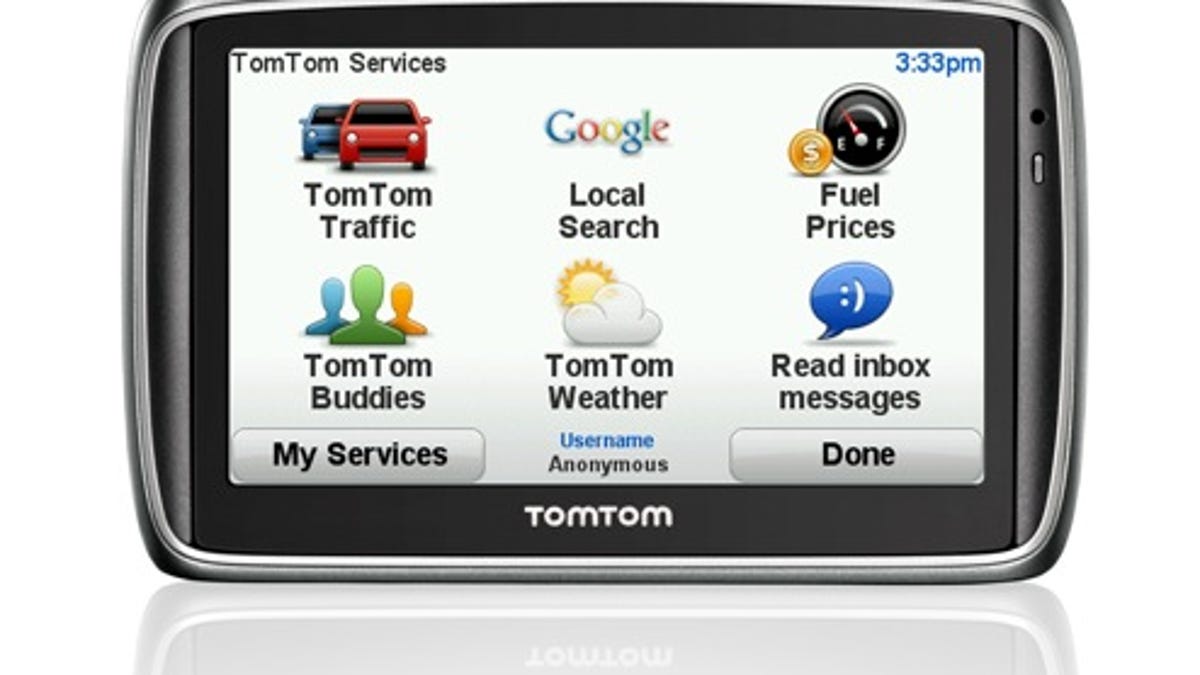Drivers with GPS navigation use less fuel
According to Navteq, GPS navigation systems can actually save you up to $543 in fuel costs annually.

Navteq--provider of digital map data for the likes of Garmin and others--has just released the results of a study that shows that GPS navigation systems may be good for more than just getting drivers from point A to B. According to Navteq, the inclusion of navigation can actually save you up to $200 in fuel costs annually.
Essentially, Navteq studied the driving habits of three groups (drivers without navigation systems, drivers with navigation, and drivers with navigation systems with traffic data) in the German metropolitan areas of Dusseldorf and Munich and came to two major conclusions: "Drivers using navigation devices (1) drove shorter distances, and (2) spent less time driving."
No duh, right? But then Navteq looked further and found this little tidbit:
...drivers with navigation devices had a 12 percent increase in fuel efficiency, as measured by liters of fuel consumed per 100 kms. Fuel consumption among those drivers using navigation fell from 8.3 to 7.3 l/100kms. When the study results are annualized, they equate to a nearly 2500 kilometer drop in distance driven per year per driver, and an average of euro 416 in savings on fuel annually per driver.
Navteq found that the largest gains in fuel efficiency could be found during nonroutine trips (less hunting around) and among drivers using navigation with traffic data during morning and evening commuting rushes (drivers can get around the jams).
It's easy to see that the addition of GPS navigation can make most trips shorter and easier, but if Navteq's study is to be believed, it's possible that they could pay for themselves in fuel savings.
Correction: Further contact with NAVTEQ has revealed that the fuel savings must be recalculated based on average fuel costs and driving habits per country, rather than a simple currency conversion. For the US, this works out to a savings of $192 per year at the time of release. The article has been updated to reflect this new data.
